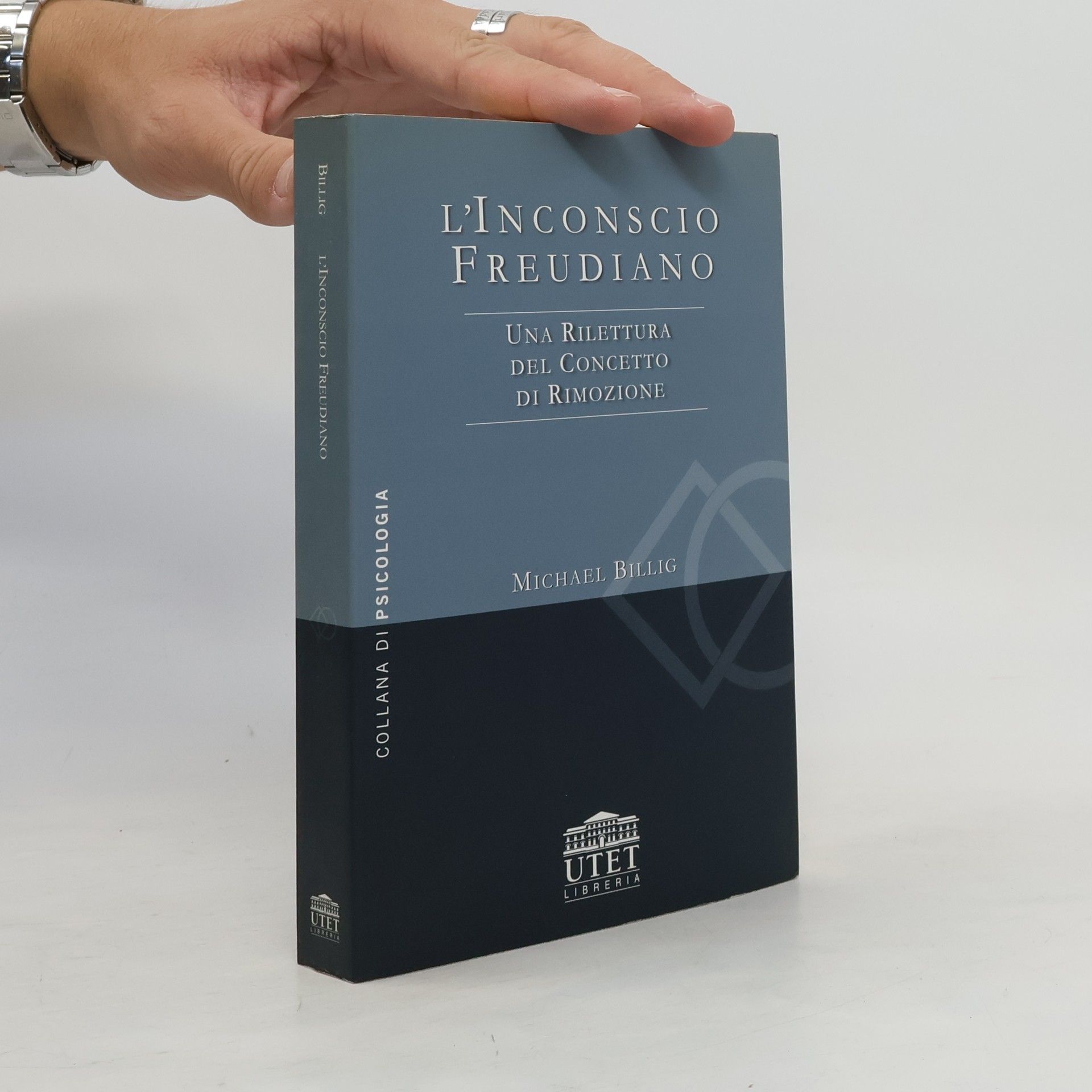Learn to Write Badly
- 234pages
- 9 heures de lecture
Modern academia is increasingly competitive yet the writing style of social scientists is routinely poor and continues to deteriorate. Are social science postgraduates being taught to write poorly? What conditions adversely affect the way they write? And which linguistic features contribute towards this bad writing? Michael Billig's witty and entertaining book analyses these questions in a quest to pinpoint exactly what is going wrong with the way social scientists write. Using examples from diverse fields such as linguistics, sociology and experimental social psychology, Billig shows how technical terminology is regularly less precise than simpler language. He demonstrates that there are linguistic problems with the noun-based terminology that social scientists habitually use - 'reification' or 'nominalization' rather than the corresponding verbs 'reify' or 'nominalize'. According to Billig, social scientists not only use their terminology to exaggerate and to conceal, but also to promote themselves and their work.

